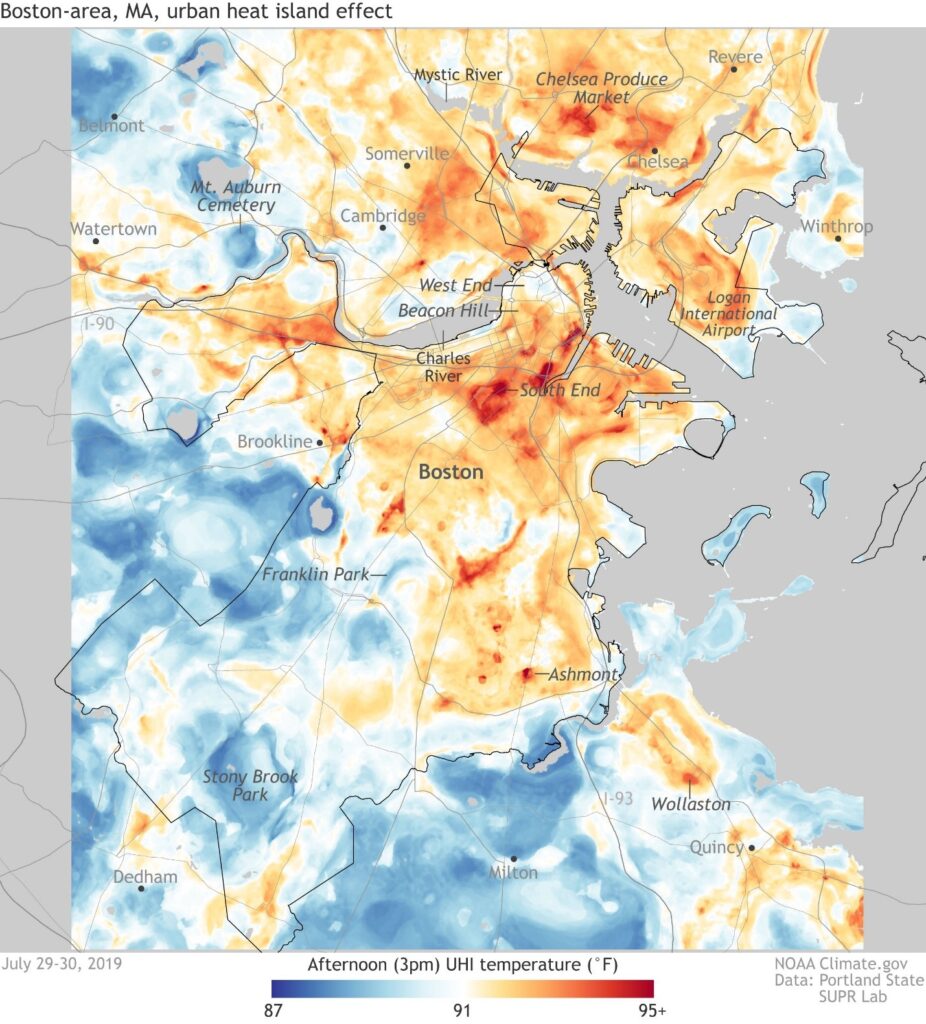The Wisconsin Department of Natural Resources Urban Forestry program has selected the 2021 grant year recipients, funding 48 applications in a dollar-for-dollar match.
In addition to annual state funding totaling $524,600, the program received an additional $175,000 in federal funding to mitigate damage associated with the Emerald Ash Borer.
Awards for the 48 applications range from $2,400 to $25,000. In total, the projects cost an estimated $1.8 million. Six additional applicants may also receive second-round funding in spring 2021 if funds reserved for the Catastrophic Storm Grant program are not needed through the winter months.
Of the selected applications, 28 are regular grants, and 20 are startup grants. The six chosen for possible second-round funding are all regular grants.
Continue reading “Recipients Announced for Urban Forestry Regular and Startup Grants”

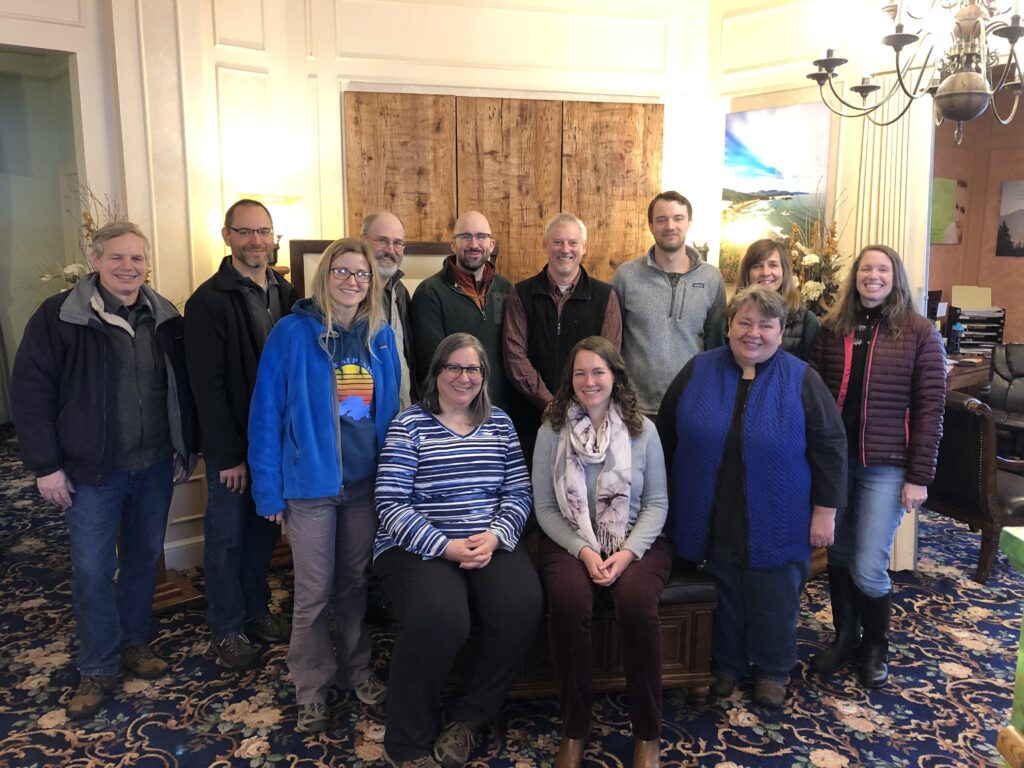 As the year draws to a close, we asked DNR urban forestry staff to reflect on the last twelve months and choose their top highlight – whether it’s a project they’re especially proud of, a new partnership or a deeper relationship with coworkers. Here are their responses:
As the year draws to a close, we asked DNR urban forestry staff to reflect on the last twelve months and choose their top highlight – whether it’s a project they’re especially proud of, a new partnership or a deeper relationship with coworkers. Here are their responses: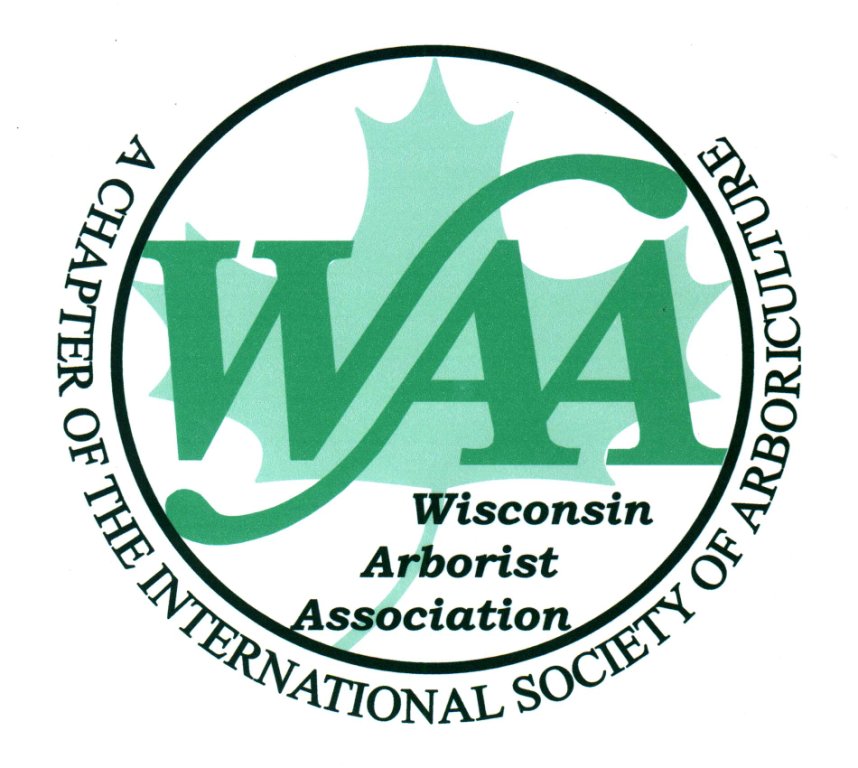 The Wisconsin Annual Urban Forestry Conference will be held as a virtual event in 2021, with sessions on Feb. 21, 22 and 23.
The Wisconsin Annual Urban Forestry Conference will be held as a virtual event in 2021, with sessions on Feb. 21, 22 and 23.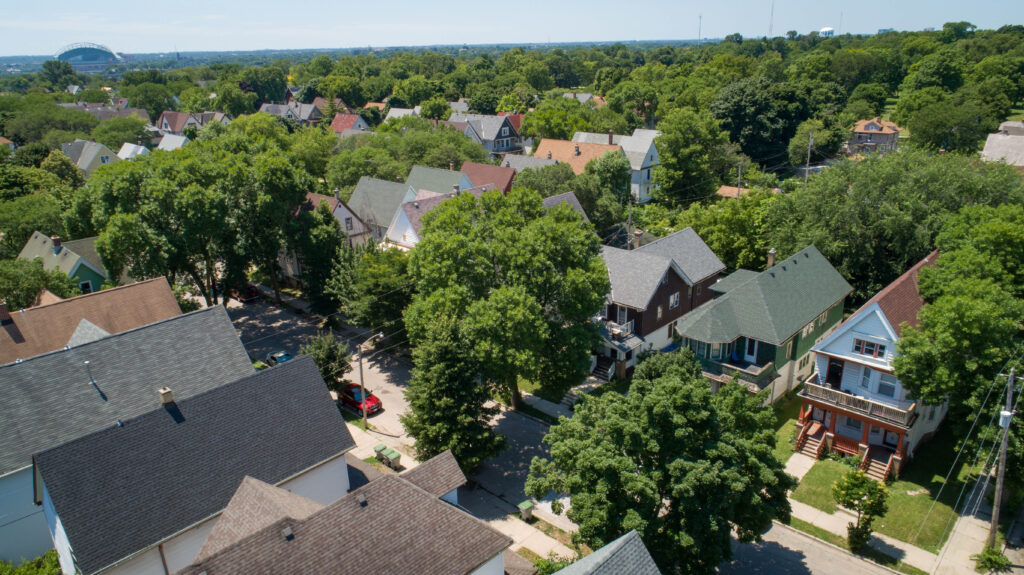 The COVID-19 pandemic is taking a serious toll on our mental health. Many of us are feeling lonely and isolated due to social distancing. Some of us have lost our jobs, some have lost access to schooling and some have lost beloved friends and family members.
The COVID-19 pandemic is taking a serious toll on our mental health. Many of us are feeling lonely and isolated due to social distancing. Some of us have lost our jobs, some have lost access to schooling and some have lost beloved friends and family members.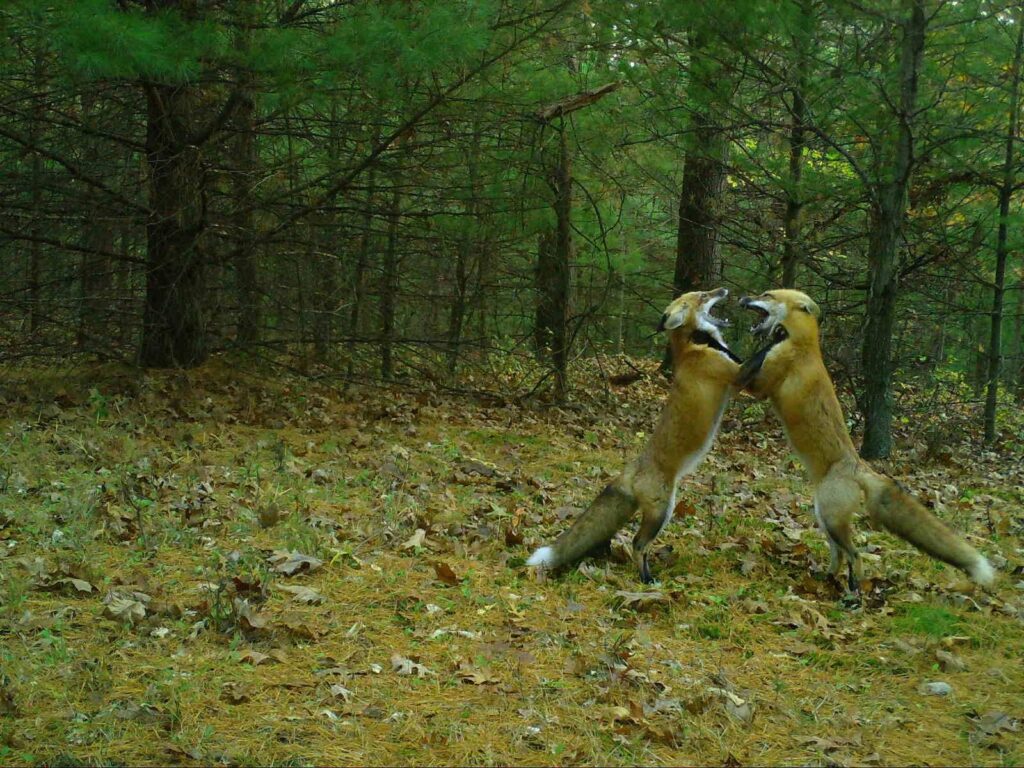 Fisher, fox, bobcat and bear are just a few of the species captured among the 50 million trail camera photos produced by Snapshot Wisconsin. The Wisconsin DNR program is a wildlife monitoring effort that gets the public involved in science, and the data generated help the DNR make wildlife management decisions. Volunteers host a network of trail cameras across the state that take “snapshots” of animals as they pass by. The program began as a pilot in two counties and launched statewide in 2018. Today the program boasts 1,800 volunteers hosting over 2,100 trail cameras. Information about what is in the photos, combined with where and when they were taken, is already being used to better understand important Wisconsin wildlife species, like white-tailed deer.
Fisher, fox, bobcat and bear are just a few of the species captured among the 50 million trail camera photos produced by Snapshot Wisconsin. The Wisconsin DNR program is a wildlife monitoring effort that gets the public involved in science, and the data generated help the DNR make wildlife management decisions. Volunteers host a network of trail cameras across the state that take “snapshots” of animals as they pass by. The program began as a pilot in two counties and launched statewide in 2018. Today the program boasts 1,800 volunteers hosting over 2,100 trail cameras. Information about what is in the photos, combined with where and when they were taken, is already being used to better understand important Wisconsin wildlife species, like white-tailed deer.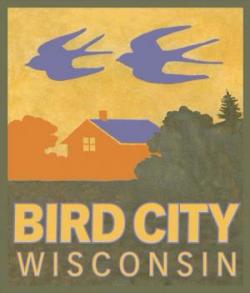 Act fast to keep your Tree City, Bird City, and Bee City status! Due dates are as follows:
Act fast to keep your Tree City, Bird City, and Bee City status! Due dates are as follows: